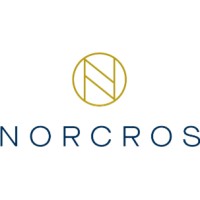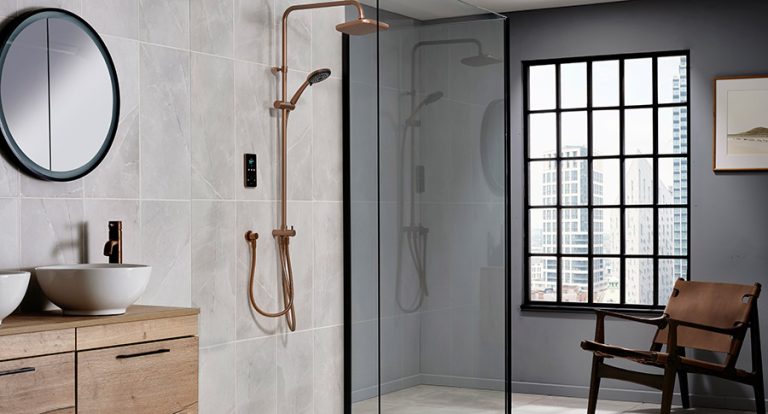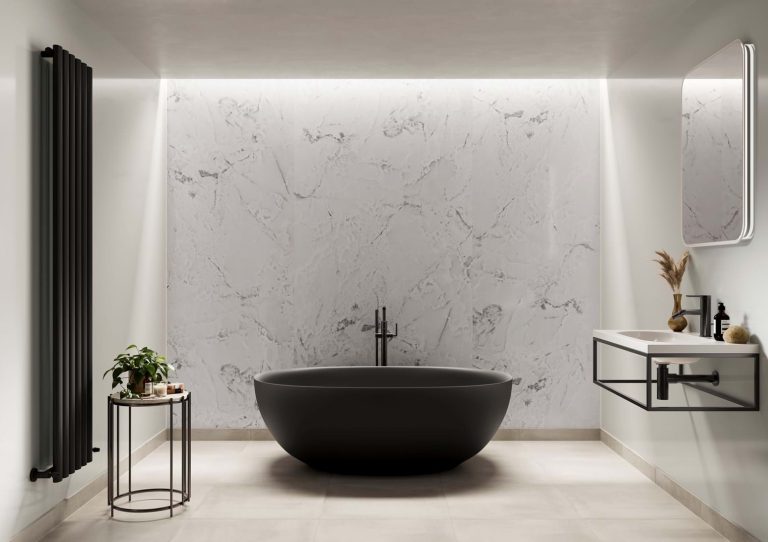Cold showers, once relegated to niche wellness circles, are undergoing a steady renaissance, reshaping habits in response to mounting pressures around cost, health and environmental footprint.
There’s a palpable intent behind the wave of people embracing that initial chill. What starts as a sharp intake of breath holds an unspoken promise: a simple ritual that yields more than cleansing. That tension, between discomfort and discipline, is where real personal transformation begins, and where investors might glimpse unfolding opportunities in energy efficiency and well‑being innovation.
The resurgence of cold water habit reflects a convergence of pragmatic incentives. At its core lies a no‑frills value proposition: cold showers slash household energy outlays. With energy prices under constant scrutiny, reducing the need to heat water translates into tangible monthly savings. Yet what began as a cost‑saving tactic is evolving into a seemingly beneficial health lever. Emerging science indicates that brief exposure to cold can stimulate circulation through vasoconstriction followed by rebound dilation, subtly training cardiovascular function. Practically, that means improved circulation with no incremental infrastructure required, a clean, scalable advantage in self‑care routines.
The mental clarity factor is no less compelling. The immediate shock of cold water triggers an adrenaline surge, sharpening focus within seconds. It’s a natural jolt that matches or surpasses a coffee‑boost for wakefulness, without the habitual intake. For professionals and athletes alike, it’s a low‑cost cognitive and physical ‘warm‑up’ that dovetails neatly with performance‑oriented mindsets.
Similarly, athletes and fitness‑minded individuals have championed cold water for its anti‑inflammatory effect, speeding muscle recovery and reducing soreness. That intersection of cost, recovery and performance aligns with growing sectors in consumer health, fitness technology and wellness services, that increasingly cater to lifestyle and bio‑optimisation trends.
Taken further, the ritual of welcoming cold assumes symbolic value. It trains resilience—teaching individuals to embrace discomfort, regulate emotional response and ground themselves in a moment of controlled self‑exposure. In an era where stress resistance and mental durability are increasingly sought‑after traits, cold showers offer both literal and figurative immersion in resilience‑building.
Health impacts go deeper, with preliminary research suggesting immune modulation via increased white‑blood‑cell production. Meanwhile, there’s the metabolic nuance: activating amounts of brown fat, which burns energy simply to maintain body heat. For long‑term weight and metabolic management, even marginal increases in brown‑fat activity through routine cold exposure can add up over time.
Beyond bodies and minds, there is a sustainability agenda at play. Cold showers drastically lower hot water usage, shortening shower times and reducing demand on heaters, a micro‑savings multiplied across homes. From urban apartment blocks to large facilities, the widespread uptake of cold showers could reduce energy peaks and inform infrastructure load‑management strategies.
Enter smart home and eco‑shower technologies. Innovations such as dual‑mode systems, thermostatic switching and intuitive controls enable users to transition easily into colder routines without sacrificing comfort. Compact, energy‑efficient systems are emerging for small‑space builds or retrofits. For investors, this points to opportunity in products that embrace sustainable, low‑resource habits while delivering comfort and convenience.
Where this growing movement matters most is in its potential to redefine daily behavioural norms without grand commitment. The daily 30‑second cold dash isn’t a fitness class or a health trend, it’s a recyclable habit that builds over time. It asks little in financial or time investment but offers a compounding payoff in health discipline, emotional readiness, cost savings and ecological mindfulness. That trajectory plays directly into consumer sectors geared around habit‑tracking, wellness‑tech integration and eco‑living solutions.
In essence, cold showers represent more than personal discipline, they reflect a broader recalibration of lifestyle economics and health priorities. A moment of daily discomfort becomes an emblem of resource efficiency, resilience training and wellness investment. For investors monitoring lifestyle-driven innovation, the humble cold shower signals both shifting consumer wardship and early demand for next‑gen utilities that align with sustainability and self‑optimisation.
Cold showers are a minimalist yet multifaceted ritual offering cardiovascular training, mental alertness, inflammation reduction, immune stimulation, metabolic benefits and reduced energy use, all within minutes and minimal cost. Once niche, this practice is entering mainstream consciousness, backed by accessible tech aimed at supporting sustainable, disciplined routines.
Norcros plc (LON:NXR) is a leading B2B producer of branded bathroom and kitchen products for its UK, South African and selected export markets. The portfolio of eleven operating companies (7 UK, 3 South Africa) is characterised by strong individual brands, together providing product breadth and channel diversity from a strong supply chain base.







































